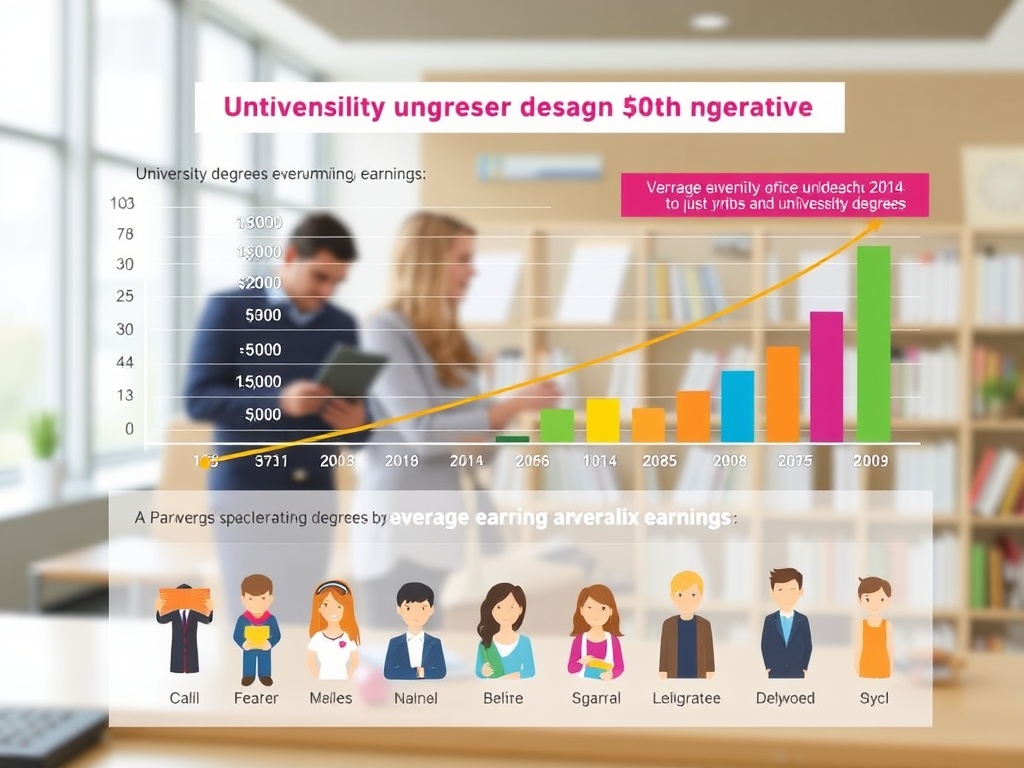A university degree does not always equate to higher earnings in the long run. In other unsurprising news, the weather in England remains notoriously rainy, and Taylor Swift continues to dominate the music charts. According to a recent analysis by The Times, the Government is grappling with approximately £260 billion in student loan debt, much of which appears unlikely to ever be repaid.
The statistics are particularly sobering. On average, students graduate with debts of around £26,000. However, this figure varies significantly based on the university attended. Graduates from high-performing institutions are more likely to have cleared their debts compared to those who attended lower-ranking universities.
This situation is frustratingly predictable, as the debt burden now faced by the Government stems from decisions made years ago. The increase in university fees to £9,000 per year in 2012 was a turning point, and it was justified by the coalition government under the guise of “fairness.” The argument was that since graduates benefit significantly from their degrees, they should bear the financial burden. However, this perspective overlooks the fundamental debate about the appropriateness of charging for education in the first place. Moreover, it stands to reason that if fees are meant to reflect future earning potential, charging all students a uniform amount is fundamentally flawed.
Considerations on the Value of Education

Consider this: does the average graduate in creative writing earn anywhere near what an economics major might? How about comparing students from Bolton, where only 10 percent of taxpayer funds are repaid, to those at Imperial College, where the repayment rate is a staggering 40 percent? Should we only pursue degrees that promise to lead to millionaire status, or should we dissuade less academically inclined youths from participating in the cherished rite of passage that university represents? Absolutely not.
I do not wish to inhabit a world where monetary value is the sole metric for assessing an individual’s worth or societal contributions. Even the most hardened skeptic must recognize that sectors like the creative industries enrich our culture, even if those working in them often earn modest salaries. The collective investment in a range of degrees in exchange for a society teeming with diverse perspectives and innovative ideas seems a minor price to pay. Furthermore, even if a university degree did guarantee enhanced earning potential, that would be the bare minimum of its offerings.
The experience of engaging with peers, dedicating years to a subject of genuine interest, and learning to navigate adult life can be profoundly enriching. Speaking personally, as someone whose degree has not translated into financial success, I find that the value of the university experience extends beyond money. When I embarked on my journey to study English literature in 2011, I had no illusions that it would lead to wealth; I simply loved books and cherished the opportunity to make questionable decisions in the relative safety of an academic environment.
Throughout my time at university, I gained invaluable life skills: how to sustain myself, coexist with various personalities, and avoid mixing red wine with vodka, to name a few. In comparison, formal lectures and seminars hardly defined my experience. Although university fees tripled after my enrollment, I have yet to meet anyone younger who decided against attending due to the increased costs. Student debt has often felt abstract to both myself and my younger peers, with interest deducted from our salaries before we even see the money, making it feel almost non-existent.
If you find yourself considering student loans, my best advice is to adopt this mindset, as recent figures reveal that a degree does not guarantee the earnings needed for repayment. Tough luck for the Treasury, but this was their decision: abolishing fees altogether would mean no one owes a penny. Financially speaking, the cost of university may not justify the returns; if you were uncertain about attending in the first place, take solace in that realization. Fortunately, for those who still yearn for the university experience, life offers metrics beyond mere financial gain.




